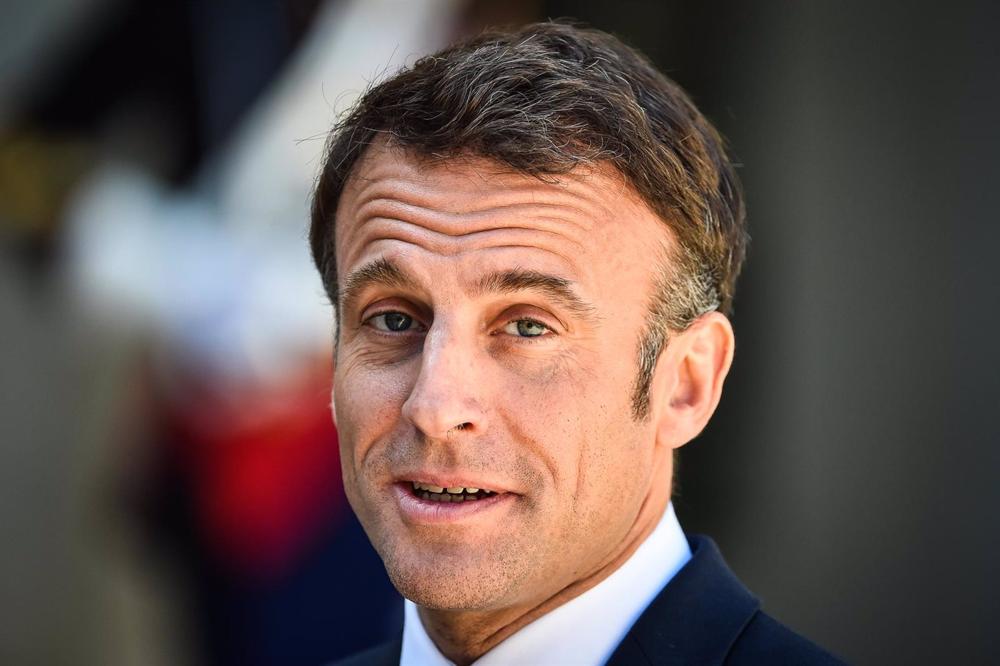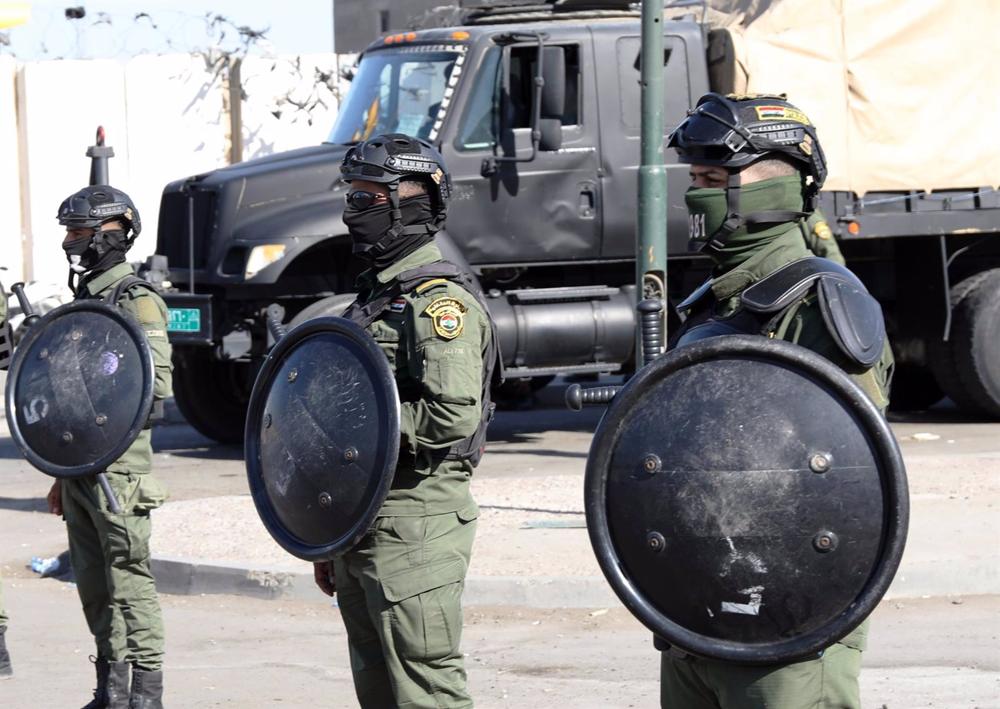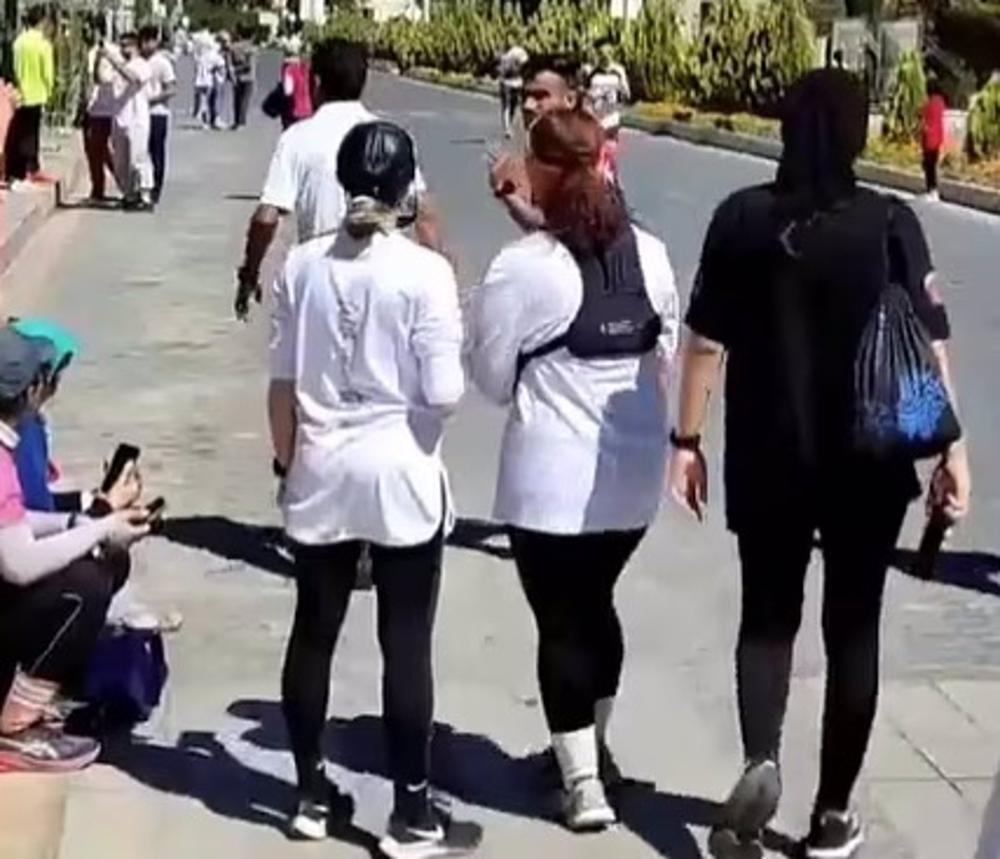
Peru’s former Prime Minister Betssy Chávez was aware of former President Pedro Castillo’s surprising announcement to dissolve the Congress, and which ultimately meant his political suicide, as read in the Cabinet’s Whatsapp group, in which she hurries the rest of the ministers to come to the Presidency headquarters due to the «historic day» that was to take place.
Much has been said about the degree of knowledge that the ministers of Castillo’s cabinet would have, after most of them chose to resign once they knew of the former President’s decision to close the Congress, establish a government of exception and call elections.
Initially, several of Castillo’s ministers, among them the former Foreign Affairs Minister, Cesar Landa, the former Labor Minister, Alejandro Salas, or the former Justice Minister, Felix Chero, were expected to go to the Government Palace on Wednesday to help him prepare for the debate on his motion of censure in Congress.
However, hours before that meeting, Chavez urged the entire cabinet to go to the Presidency’s headquarters. «Ministers, to appear immediately», wrote Chavez, who urged them to appear because it is «a historic day» and «unity» and «cohesion» are needed.
Several ministers believed that this «historic day» referred to the third censure motion debate that Castillo had to face in barely a year and a half of his mandate, as they told the newspaper ‘La Republica’. However, shortly afterwards they discovered that it was the dissolution of Congress.
Around noon, one hour after Chávez’s message, Pedro Castillo announced to the whole country that he was dissolving Congress, summoning elections and establishing a government of exception. During the following minutes, a cascade of resignations within the cabinet began, who reproached him for having carried out a «coup d’etat».
Before this, Chávez asked his colleagues not to listen to the information that was coming out in the press, claiming «serenity» because he had acted «within the frameworks» of legality.
Immediately, several of the Ministers who had announced their departure reproached Chavez for not having informed of Castillo’s intentions. «What happened? Where was this decision made?», wrote former Minister of the Environment Wilbert Rozas.
On the other hand, former Ministers of Labor Alejandro Salas and of Education, Rosendo Serna, reproached that this decision had not been consulted, and the former wondered why everything was done without consultation, pointing out that «the democratic path should have always been followed».
On the other hand, the Peruvian Prosecutor’s Office has summoned Chávez and the rest of Castillo’s cabinet to testify this Friday in relation to the rebellion case for which he is being investigated. Along with them, the Commander General of the Army, Walter Córdova, who asked to retire shortly before Castillo announced his intention to close the Congress, has also been summoned to testify.
Throughout the day, some of the ministers have been appearing, such as the Minister of Foreign Affairs, Cesar Landa, who before entering the headquarters of the Prosecutor’s Office in Lima said that he has been summoned to «ratify» his condemnation «of the attempted coup d’état», recalling that «immediately» after Castillo’s announcement, he rejected what happened and presented his resignation from his post.
At the doors of the Prosecutor’s Office, the Minister of Defense, Gustavo Bobbio, attended the media and assured them that he «had no idea» of Castillo’s intentions. Asked why he did not do anything to stop him, he answered by asking «what could I do, I grabbed him by the neck, I hit him».
The previous knowledge that Chávez had of what was going to happen feeds the theory that some leaders of Perú Libre (PL) have been defending in the last hours that Castillo would have been pressured both by him and by former Prime Minister Aníbal Torres to take this step that has cost him his post.
«Aníbal Torres was the de facto president», said the secretary general of PL, Vladimir Cerrón, while the first of his former cabinet chiefs, Guido Bellido, has demanded «the head of the one who drafted the presidential message knowing that the Congress could not be dissolved outside the laws».
This Wednesday, the Peruvian Congress approved the dismissal of Pedro Castillo shortly after he announced the closure of the Parliament and declared a government of exception, all this in the midst of strong political pressures and investigations on alleged corruption against him since he assumed power in July 2021.
Castillo now remains in detention for the next seven days while the investigation against him for the alleged crime of rebellion continues after he announced he was dissolving Congress. As required by the Constitution, the then vice-president, Dina Boluarte, has taken over the presidency.






